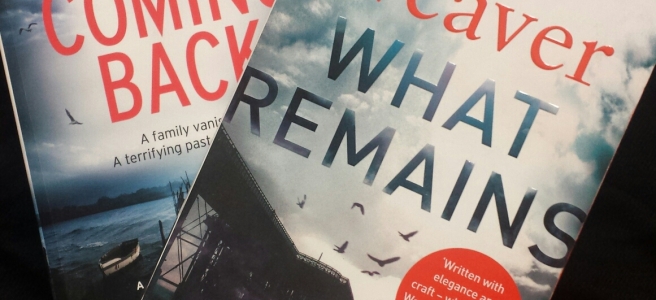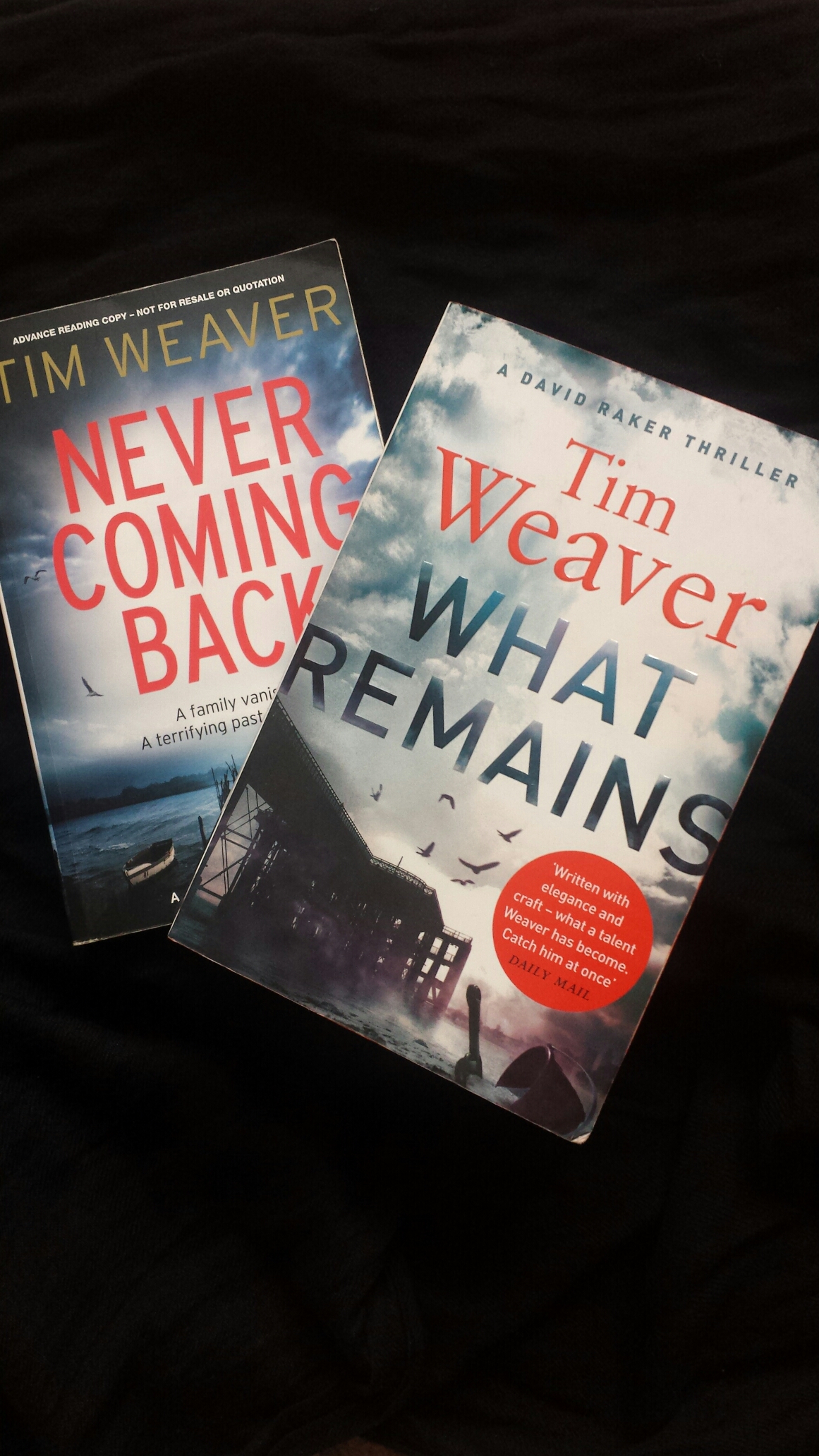Another gritty crime thriller novel, with just the right amount of mystery and suspense; the kind of novel I love reading. Some of the details are gruesome and bloody, particularly the brutal murder of ten-year-old twins, April and Abigail, whose unjust murders at the hands of a psychopath is what drives Detective Healy throughout the story.
Again as part of Weaver’s David Raker thriller series, Raker and Hea
ly form the perfect partnership equilibrium. Both wanting the same thing, with the same drive but Raker with slightly more rational and logically reason ways of achieving it. Although, I did find Healy’s fall from grace in this book quite upsetting, particularly the way he was driving himself away from his wife and sons.
However, having read Never Coming Back previously, I have to say What Remains was slightly underwhelming. It had all the great tropes of a thriller no doubt, maybe my expectations after Never Coming Back were too high. But although it kept me reading, I wasn’t as absorbed in the story as I was with Never Coming Back or many other crime thrillers I’ve read, such as Mo Hayder. I felt Weaver’s descriptions and writing style was trying to hard this time: resonating images such as red tail-lights in the snowy traffic with looking like blood. No. If you’re a crime thriller writer, don’t try to be poetic if it isn’t your style; stick to what you are good at.
Having said that, this is well worth the read and the twists and turns at the end were suitably unpredictable if slightly understandable. If you’ve like Weaver before or are looking for a new thriller series, I would definitely recommend this one.


